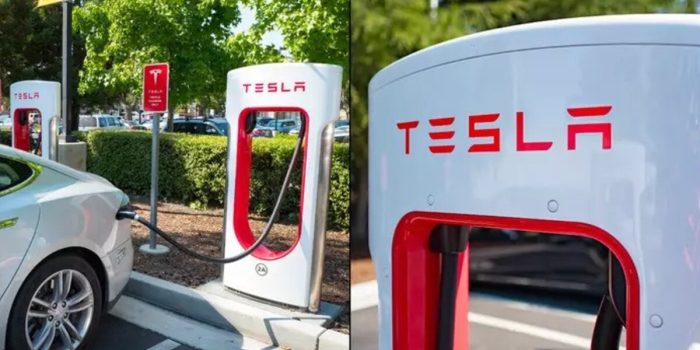The debate between how practical electric cars are, specifically regarding their range capability and their charging time, continues as a Tesla driver looked to shun away the idea that electric cars take a whole hour to charge.
Tesla asserts that just 15 minutes of charging can provide up to 200 miles of range. To put this claim to the test, a driver embarked on a journey from Ohio to Florida, meticulously planning charging stops along the route. The total time spent charging amounted to 126 minutes across seven stops.

Critics, playing devil’s advocate, questioned the efficacy of spending over two hours charging for a trip exceeding 1,000 miles. They argued that hybrid cars, requiring stops only every 500 miles, offered a more efficient alternative.
However, the electric car proponent countered, highlighting that when factoring in breaks for meals and rest stops, the time spent was comparable, unless one possessed an exceptional ability to avoid bathroom breaks.
Further contention arose regarding the frequency of stops, with some deeming seven stops excessive for such a long journey. However, proponents of electric cars pointed out that many drivers take breaks regularly for comfort and safety reasons, aligning with the idea that regardless of the vehicle type, ensuring adequate fuel or charge for the journey is paramount.

Charging an electric car at home is significantly slower compared to utilizing dedicated “superchargers.” Tesla estimates a home wall connector provides about 44 miles of range per hour of charging. While convenient, this method can lead to increased electricity bills. To mitigate costs, investing in a “powerwall” battery coupled with solar panels can offset expenses by harnessing solar energy to charge the car.
Ultimately, the discourse underscores the evolving landscape of electric vehicle infrastructure and consumer behavior. While concerns persist regarding charging times and range, innovations such as faster chargers and alternative energy sources aim to address these issues. As the market for electric vehicles expands and technology advances, the practicality and viability of electric cars will continue to improve, potentially reshaping the automotive industry and reducing reliance on traditional fossil fuels.


